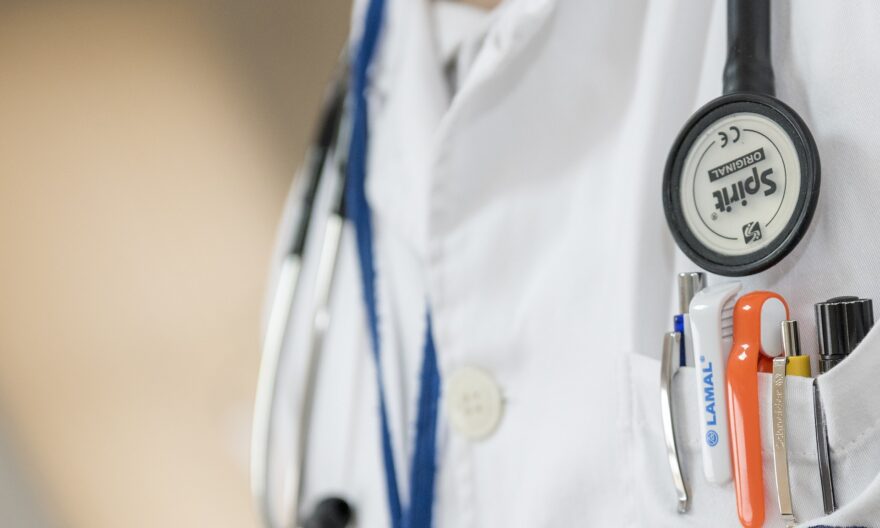
The number of cancer deaths has been falling for several decades. Research shows that cancer deaths fell by 33% between 1991 and 2021 due to early detection and better treatment options.
However, it is still a leading cause of death and, surprisingly, the number of diagnoses in people under 50 is rising. According to a 2022 review of available research by Harvard University scientists, cases of breast, colon, esophagus, gallbladder, kidney, liver, pancreas, prostate, stomach and thyroid cancers have been increasing in people under 50 since 1990.
According to Dr Arif Kamal, chief patient officer for the American Cancer Society, this is unusual as “cancer is generally considered an age-related condition because you’re giving yourself enough time to have sort of a genetic whoopsie.”
Although the researchers say it’s unclear what’s behind this increase, they say that some factors could include obesity, higher levels of air pollution, smoking, or a lack of exercise.
In the review, they wrote: “The increased consumption of highly processed or westernized foods together with changes in lifestyles, the environment … and other factors might all have contributed to such changes in exposures.
You don’t need 65 years of eating crispy, charred or processed meat as a main diet, for example,” Kamal added. “What you need is about 20 years, and then you start to see the stomach and colorectal cancers, even at young ages.”
They went on to explain that there are some things young people can do to reduce their risks:
- Be aware of the early symptoms of cancer, like swelling or lumps, night sweats, changes in vision, or unexplained bleeding, weight gain or weight loss.
- If any unusual symptoms appear, get medical advice as quickly as possible.
- Check your family history as some cancers are genetic.
- If invited for cancer screening, always attend the appointment.
- Check your skin regularly for any unusual moles, itching, or bleeding.
- Get vaccinated against Hepatitis B and HPV if possible.
- Carry out breast self-exams on a regular basis, especially if you have a family history of breast cancer. New lumps or other symptoms should be checked by a doctor.
- Quit smoking and maintain a healthy lifestyle as much as possible.



